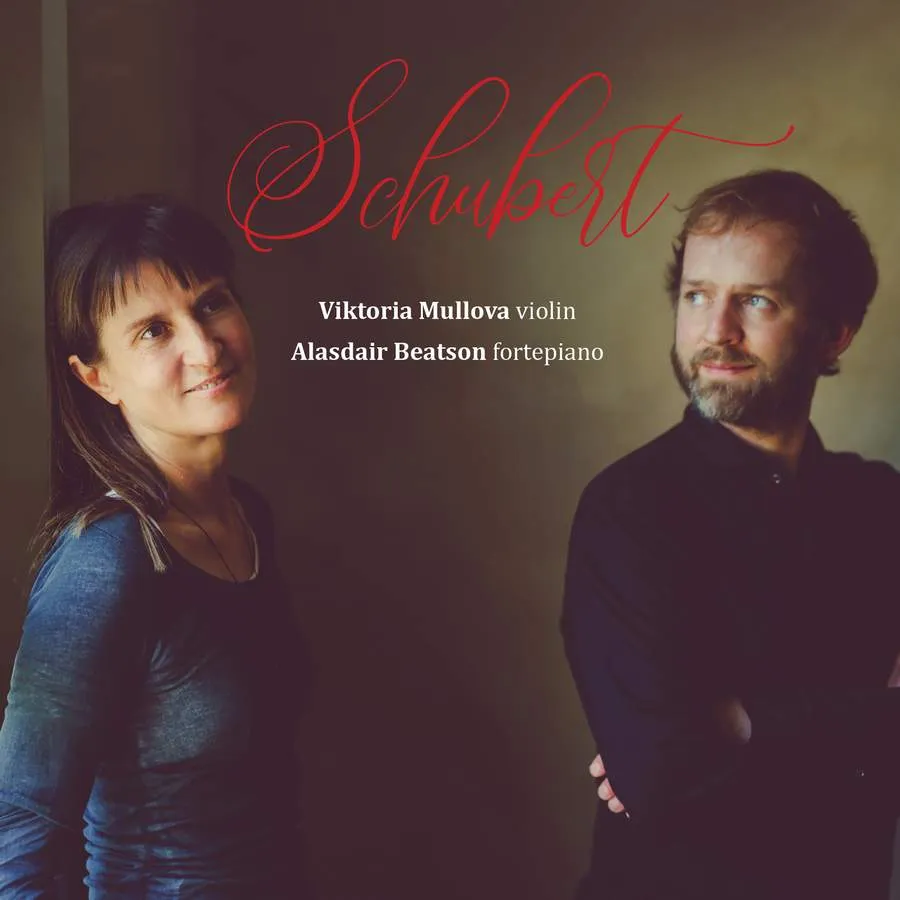
Schubert Violin Sonata in A, D574; Rondo brillant in B minor, D895; Fantasie in C, D934 Viktoria Mullova (violin), Alasdair Beatson (fortepiano) Signum Cassics SIGCD 706 62:02 mins
Listening to these profoundly intimate performances is to be reminded how the evolution of both piano and violin has reshaped the way Schubert’s music is perceived. The sonic and sustaining power both instruments are now capable of (not to mention the enhanced size of performing venues) has resulted in slower rates of resonance-decay, a tendency to raise dynamic levels, and enhanced potentials for legato-cantabile via lashings of vibrato and portamento espressivo. To effectively play instruments such as Schubert would have recognised requires super-refined technique and boundless musical imagination – there is simply nowhere to hide.
To hear Alasdair Beatson’s exquisitely subtle rendering of the C major Fantasie’s opening oscillations, and the way Viktoria Mullova segues into the fluttering textures as though she is merely breathing on her strings, is to enter a world in which every tiny gesture is of vital significance. The following Allegretto is all the more poignant for not having its underlying sense of discomfort cushioned by washes of ambience, while the sublime Andantino variations third section is buoyed by Mullova’s and Beatson’s captivating warmth and meticulously articulated bonhomie.
They finish with the unnerving B minor Rondo brillant, its overtly dramatic nature often leading to it being played with an inappropriately Beethovenian menace. Here it emerges as a nerve-shredding sequence of differentiated musical imaginings, brought within terrifyingly close proximity of one another. In context, the major key coda sounds more like desperation than consolation.
Julian Haylock
More reviews

